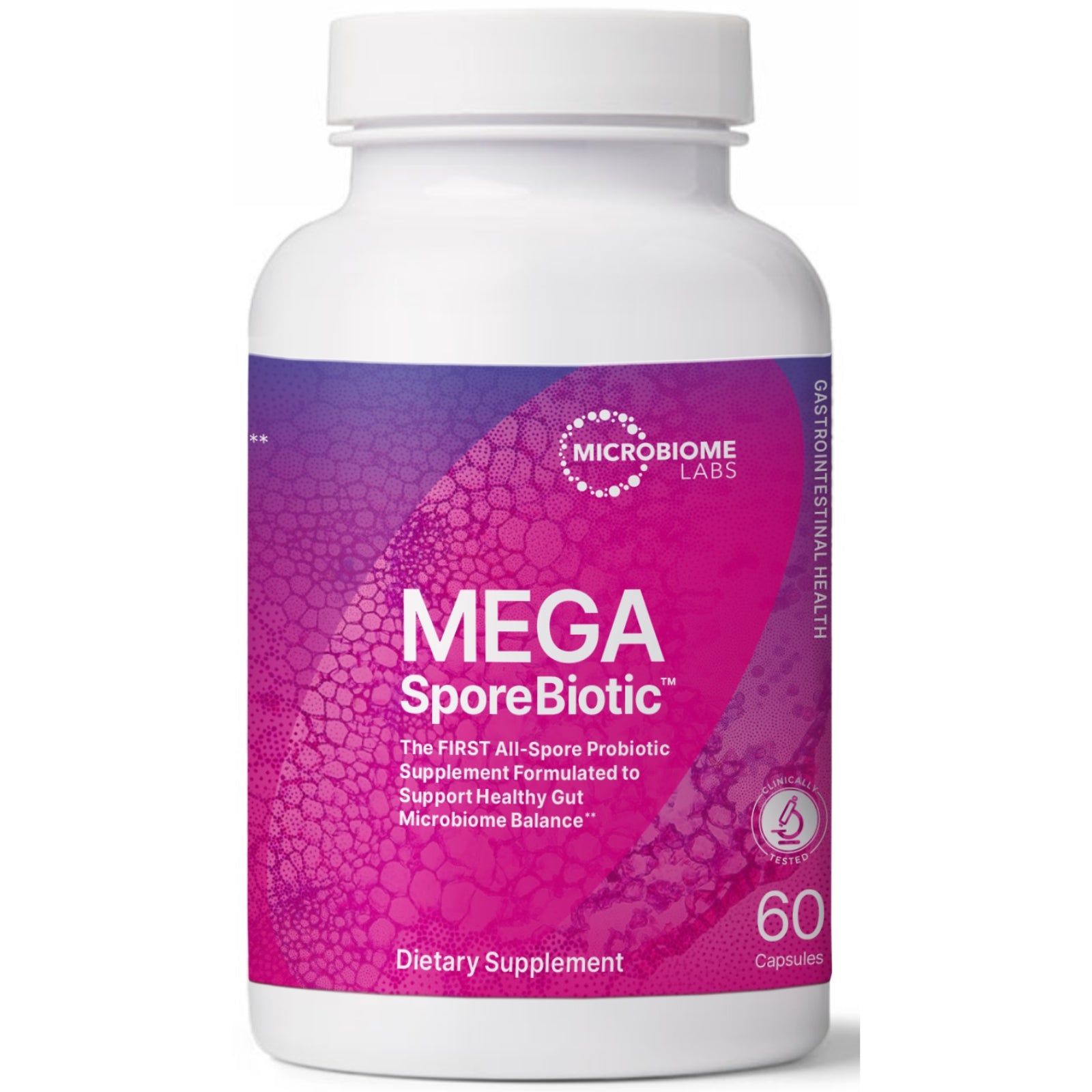Gut Health is something you may not consider until you have some stomach related uneasiness, yet it can really influence numerous different parts of your wellbeing. Your gut, otherwise called your gastrointestinal parcel (GI lot), is what is associated with the processing, retention, and disposal of the apparent multitude of nourishments that you eat.
A solid gut will do those stomach related cycles in a manner that doesn't cause any irritation, swelling, or inconvenience. A solid gut has ordinary development of intestinal microbes. The microorganisms in your gut are additionally called your microflora or microbiome, and are a colossal aspect of your wellbeing.
Our bodies are really 90% bacterial cells and just 10% human cells! The gut can get imbalanced by having an undergrowth of good microscopic organisms, or an excess of terrible microbes. A solid gut has a differing and flourishing microbiome.
The Human Microbiome
Through and through, the microscopic organisms in our bodies (to a great extent, in our gut) make up what is normally alluded to as the "microbiome." As per the Harvard School of General Wellbeing (HSPH), "The microbiome comprises of microorganisms that are both useful and conceivably hurtful. Most are advantageous (where both the human body and microbiota advantage) and a few, in more modest numbers, are pathogenic (advancing sickness)."
A newborn child's microbiome is first impacted by their mother and afterward, by natural exposure. Babies are exposed to microorganisms during vaginal birth, and afterward again in the event that they're breastfed. Clearly, the pureed and strong food they're taken care of later, the fluids they drink, and all that they put in their mouths (hands, soil, germ-loaded toys) assume a function in their novel microbiome.
When in balance great microorganisms in the gut have numerous advantages for the body. They have even been appeared to forestall sensitivities by showing the resistant framework of how to separate among microorganisms and non-destructive antigens in the body, and how to appropriately react to each. While microscopic organisms are proposed to do great inside the body, they can likewise be the reason for some medical issues if there is an unevenness of these microorganisms."
As such, a balanced microbiome is incredibly useful for the body. A sound body starts with a solid gut.
Gut Wellbeing and Weight
The strength of your gut can affect the amount you gauge. Individuals who are hefty will in general have totally unique microbiomes than people with typical BMI's. There are explicit microscopic organisms that are identified with stoutness and certain microorganisms that are all the more regularly found in those of ordinary weight.
Researchers presently can foresee the weight of somebody just by taking a gander at the makeup of their gut microscopic organisms. Your gut microbes are additionally ready to rapidly adjust to the climate and sorts of food you eat.
How Do Probiotics Work?
Probiotics are live microorganisms (huge numbers of which are microbes) present in aged foods and supplements. Most probiotics are in the Lactobacillus and Bifidobacterium microorganisms gatherings, however, others incorporate agreeable yeast, for example, Saccharomyces boulardii.
Once ingested, probiotics uphold the sound, fundamental microorganisms in your gut that separates food, cause us to assimilate supplements, and impart signs to the remainder of the body (for example the subsequent cerebrum area above). Probiotics are especially significant for women — for the urogenital plot, yet for heart wellbeing, bone wellbeing, and hormonal equalization.
Notwithstanding probiotics, joining "prebiotics" into your eating routine can uphold a more beneficial gut. Prebiotics aren't talked about as often as probiotics — or possibly not utilizing that term. Something individuals have presumably caught wind of however is fiber, and how significant it is for keeping the body feeling full and fed in the middle of dinners. However, fiber has an extra significant task to carry out in gut wellbeing it takes care of the solid microscopic organisms in the microbiome.
The Public Foundations of Wellbeing characterizes prebiotics as "nondigestible food segments that specifically invigorate the development or action of attractive microorganisms." Basically, they help support solid bacterial development in the gut.
Foods that can help uphold a solid gut include:
- Beans and different vegetables
- Vegetables
- Verdant greens (spinach, kale, mustard greens, collard greens)
- Natural products
- Whole grains (brown rice, oats, quinoa)
- Yogurt
- Avocados
- Nuts
- Seeds
Garlic and different spices like oregano, thyme, and sage which help lessen unfortunate microscopic organisms for a more beneficial microbial parity
Changing to a more beneficial eating regimen may prompt understand that veggies, beans, and other high fiber food can cause gastrointestinal inconvenience, and if that is the situation, they can attempt a stomach related catalyst with dinners. This can truly help improve generally absorption and dispose of swelling and gas.
Whenever GI issues are diligent, it might be an ideal opportunity to test for food sensitivities or microbial unevenness that might be causing bigger issues. When those issues are killed, the gut can recuperate.
Food to Keep away from:
At the point when GI issues are available, they can assist with diminishing sugar and processed food. These
Foods can advance an abundance of undesirable microscopic organisms and yeast in the gut, which can prompt overabundance gas creation, irritation, defective gut, and other GI issues:
- Sugar (cake, baked goods, candy)
- White flour (bread, pasta, wafers)
- Fried foods
- Processed meats
- Artificial flavors, additives
- Sweetened beverages
- Alcoholic beverages

